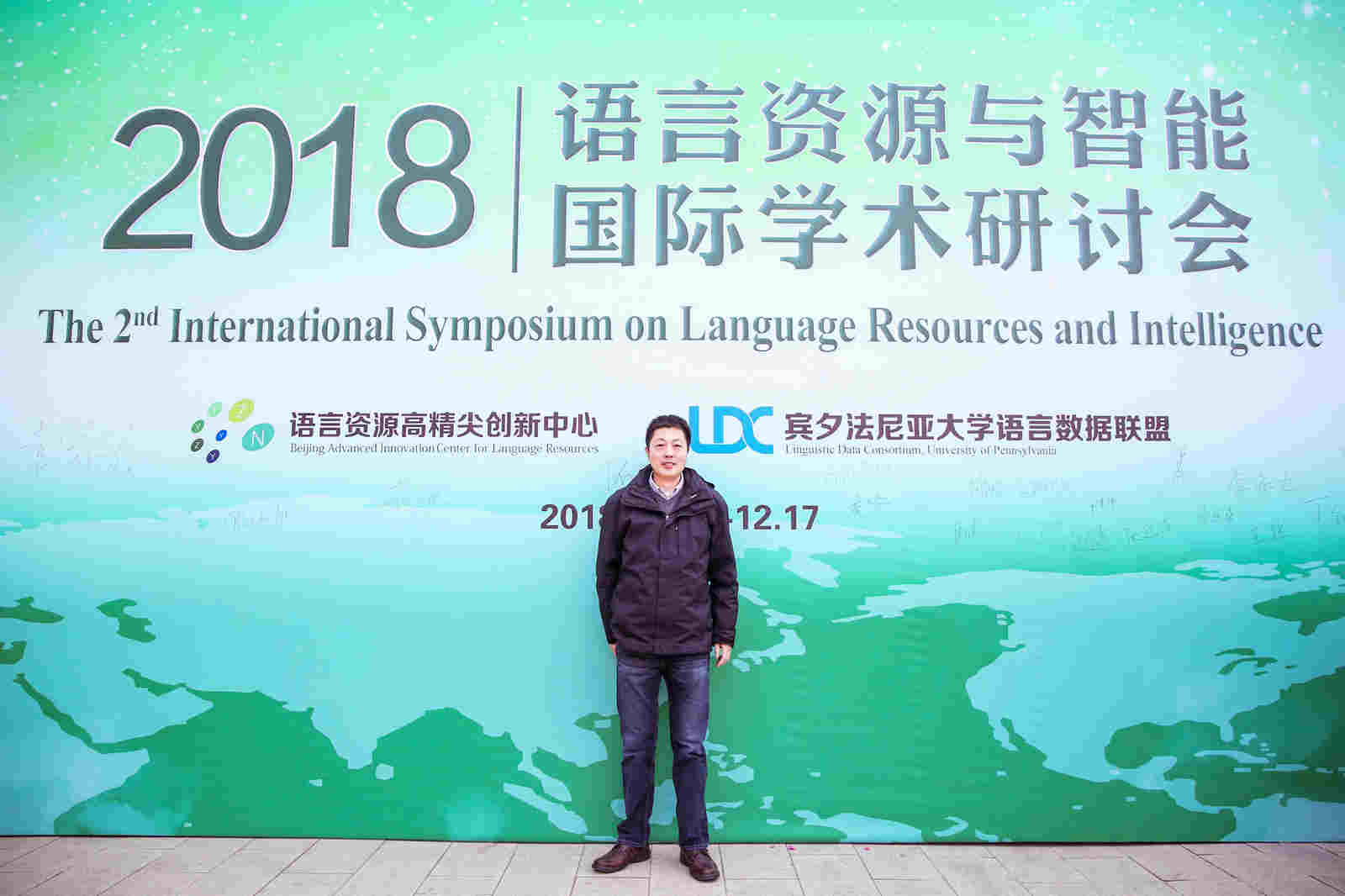[This post was written with input from Emily M. Bender, Claire Bowern, Andrew Garrett, Monica Macaulay, David Pesetsky, Leslie Saxon, Karen Shelby, Kristen Syrett, and Natasha Warner.]
Many linguists, and probably also many regular Language Log readers, will have by now heard about the Equal Employment Opportunity Commission complaint recently filed by a set of faculty members currently or formerly associated with the University of Rochester’s Department of Brain and Cognitive Sciences. The complaint alleges a long-term pattern of sexual harassment and other abuses of power by another member of the BCS faculty, the mishandling of investigations into this pattern of abuse by the BCS and UR administrations, and evidence of retaliation against the complainants. Some key links, for those who haven’t yet seen them:
[Update, 9/18/2017: here are some more reports.
… plus lots of reporting from the University of Rochester Campus Times, just two links to which Mark Liberman provided in a comment below. (end update)]
While we process the horror and come to terms with the publicity of this particular case, linguists everywhere are also mobilizing both to discuss and to do more to address the widespread problem of academic abuses of power, and sexual harassment in particular. We do not pretend to think that academia is somehow unique in any particular regard, but a key point that is emerging in these discussions is the recognition that its promotion procedures and incentives, its models of supervisory relationships, and its institutional structures may unfortunately serve to play mutually-reinforcing roles in attracting, fostering, and protecting abusers of power. We need to recognize that the whole field suffers when such abuse goes unchecked. Actions taken by those who would protect abusers distort the learning and research environment for victims, their allies, and our entire community.
Among the very first and most productive public discussions was this one initiated by Lauren Hall-Lew on her blog (9/9/2017). We know many department chairs have already addressed all members of their departments to express their strong commitment to working against sexual harassment and other abuses of power, and we think that this is an important discussion to begin in every department. A group of Linguistic Society of America members has been brought together by Claire Bowern to help draft an open letter to the LSA calling for attention and action from the Society, given the failures of our institutions (9/12/2017, with over 700 signatures as of this writing). The LSA, in turn, has responded to calls from both the Committee on the Status of Women in Linguistics and the Executive Committee and has announced a special workshop on “Sexism, Harassment, and Title IX Rights” for the 2018 Annual Meeting in Salt Lake City in January (9/12/2017).
[Update, 9/22/2017: The LSA Executive Committee has now officially responded to the open letter, now signed by over 1000 members of the LSA and broader linguistics community.]
And, of course, there are countless other discussions, some private, some more open, happening everywhere. Personal stories are being shared, from heartbreaking to horrific, and expressions of support for victims of abuse are everywhere. There is now a grassroots movement to foster an environment where linguists can have open discussions of this sort, sharing anonymously (or not) these kinds of stories so that the message gets out to our colleagues and junior members of the field that the problem affects more than just young women, and that there are options for responding.
All of this in just a few days. Linguists are good people. We can and will do better.
